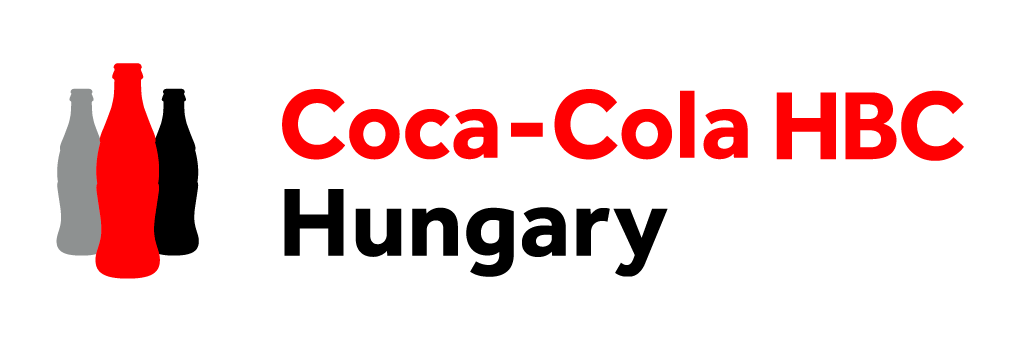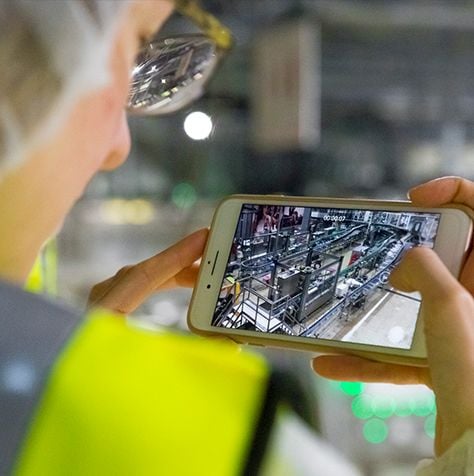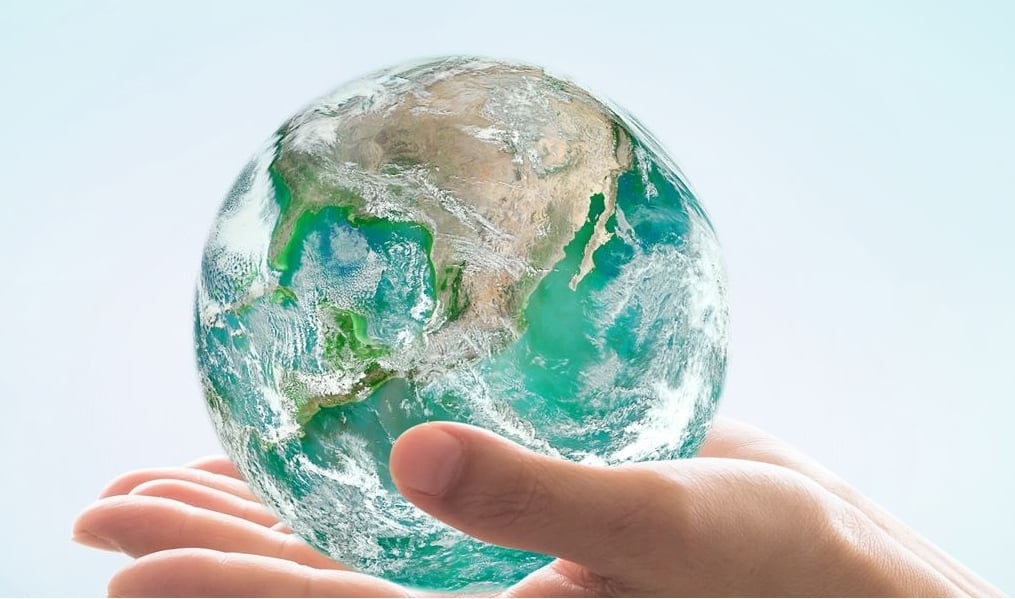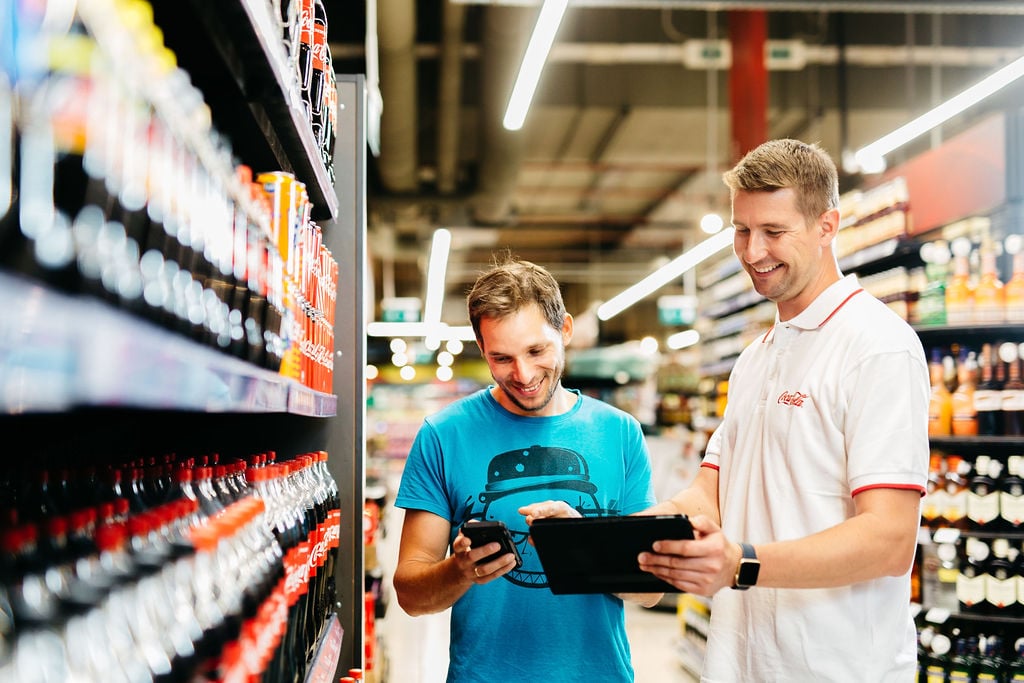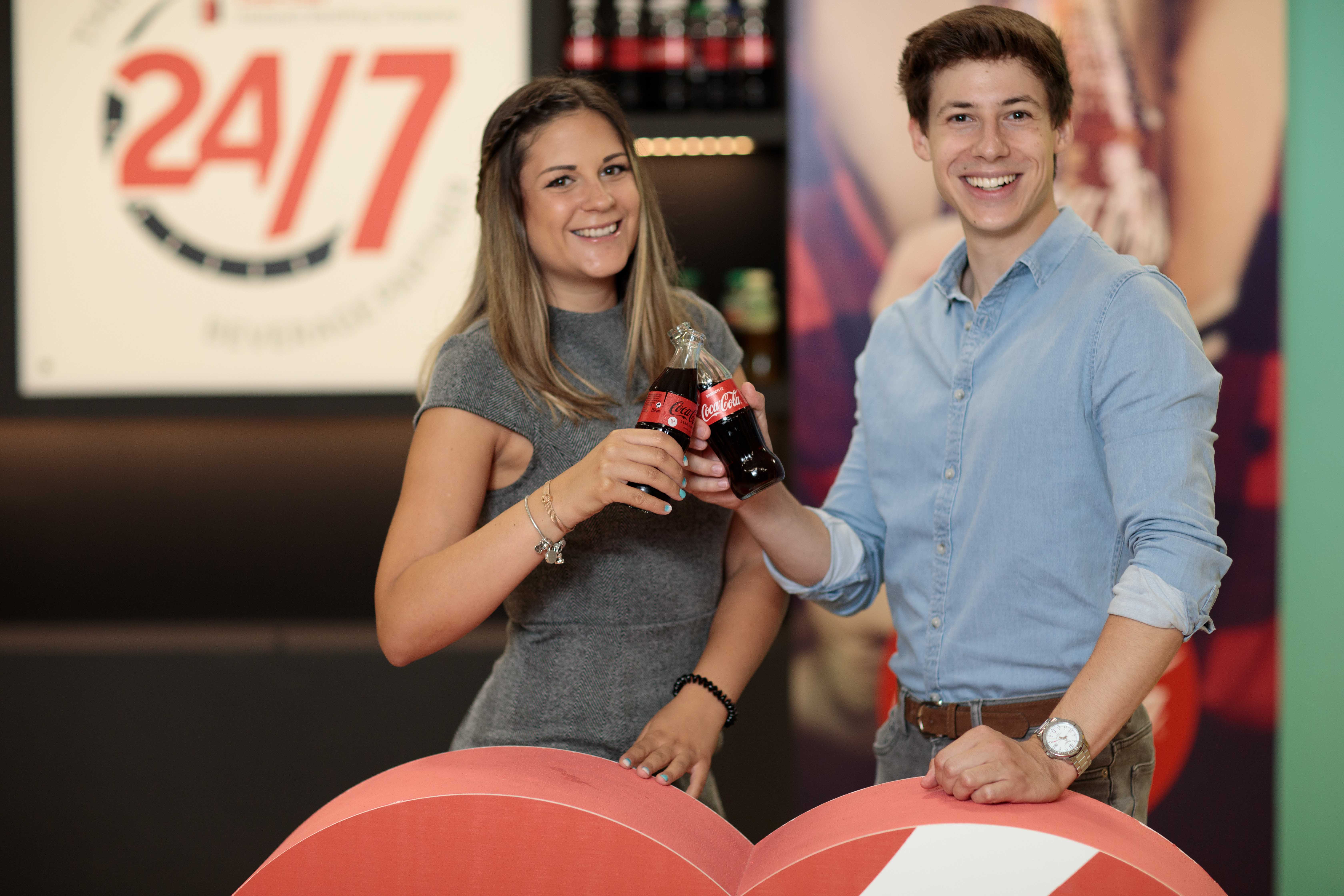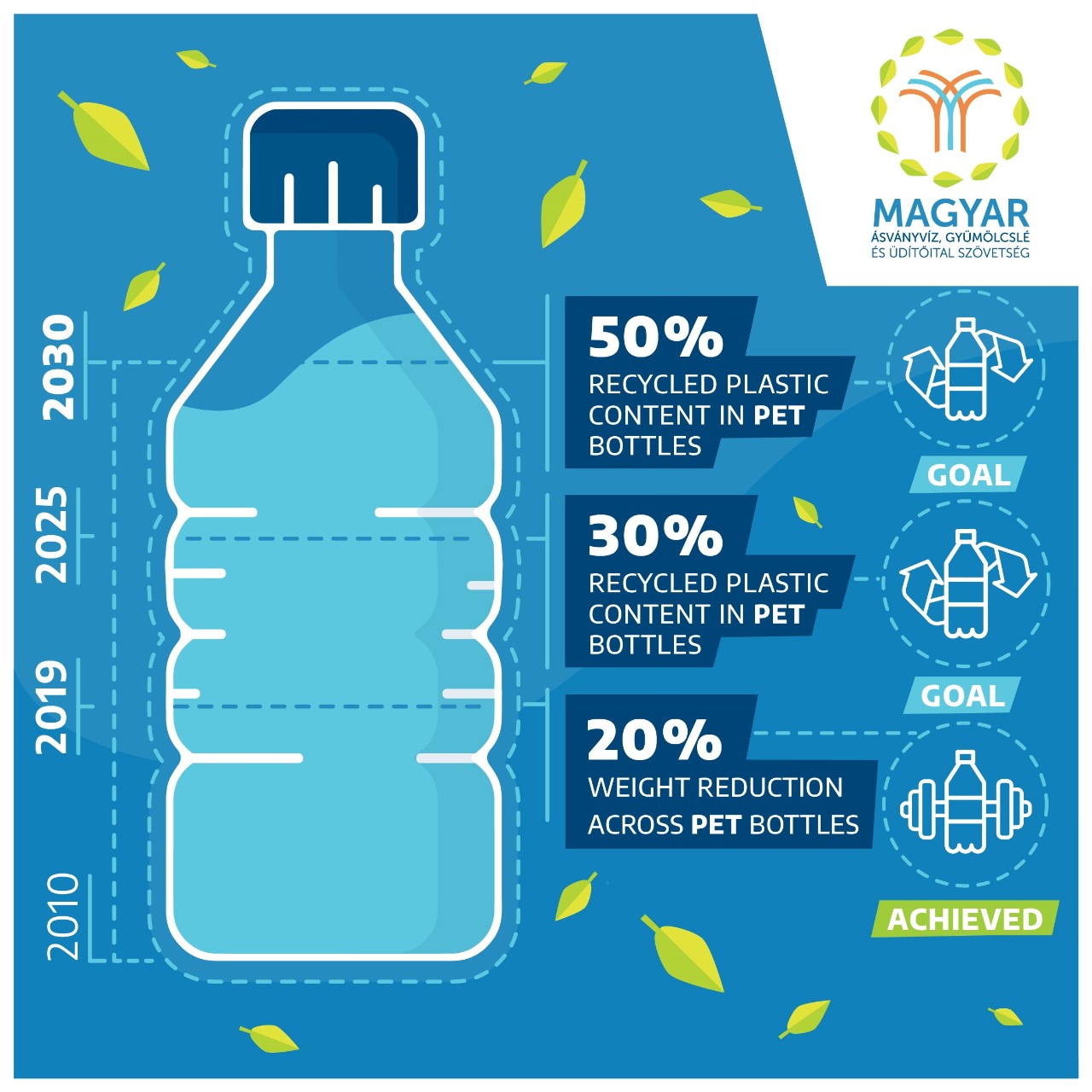Hungarian mineral water and soft drink producers are the first in the country’s food industry to make commitments to sustainability. The members of the Hungarian Mineral Water, Juice and Soft Drink Association (MAGYÜSZ) – including Coca‑Cola Hungary – has made a commitment to bring the ratio of recycled plastic in their packaging to 50% by 2030 and from this point on, all member companies will actively promote the importance of recycling.
The Hungarian Mineral Water, Juice and Soft Drink Association (MAGYÜSZ) has approved a pledge system of sustainability commitments until 2030 for the selective collection of packaging materials and increasing the amount of recycled plastic raw materials.
The association’s members aim to increase the ratio of recycled plastic used in their PET bottles to 30% by 2025, and 50% by 2030*. The mineral water and soft drink producers will also commit their own marketing resources to encourage the circularity of packaging materials. Starting from 2020, all companies will start and continue their own communication campaigns to promote recycling of bottles and cans.
